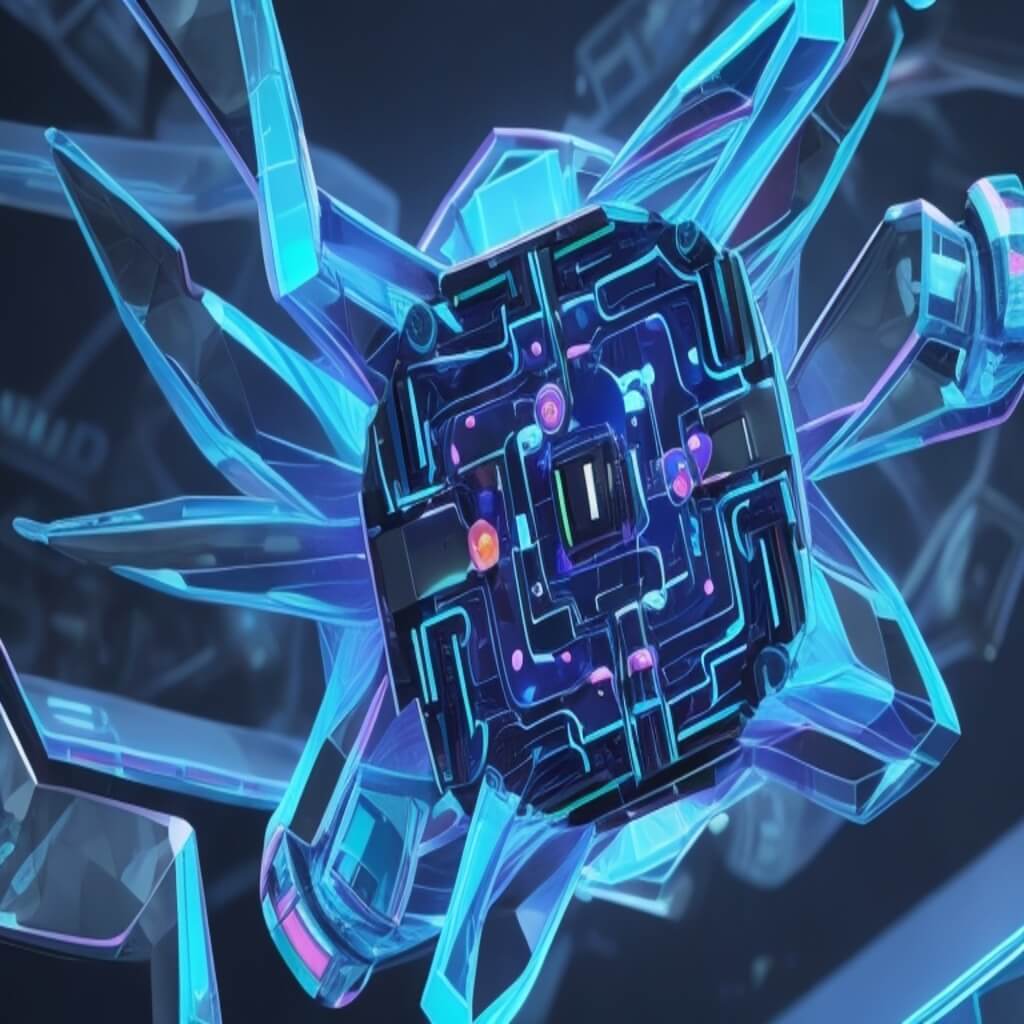The Screen Actors Guild (SAG-AFTRA) and the Writers Guild of America (WGA) are striking against the Alliance of Motion Picture and Television Producers over many issues, but artificial intelligence (AI) has taken the limelight from the movie stars and writers. While workers demand better working conditions and fair compensation, the use of AI in creative processes has become a major point of contention. The unions seek to protect workers’ rights and ensure consent and compensation in an industry where corporate greed and technological innovation may threaten the very essence of human creativity.
Under the backdrop of Hollywood’s labor strike, the entertainment industry grapples with AI’s growing influence on creative work. Writers and actors worry about their livelihoods as studios explore AI-driven solutions to streamline processes and cut costs. The standards set by the unions for AI use are likely to shape the industry’s future, influencing how AI is integrated into other creative sectors.
Human creativity vs. AI technology
As technology advances, the fear of AI replacing human jobs has become pervasive. But, it is essential to differentiate between AI as a tool to enhance creativity and corporate greed that may prioritize profits over workers’ well-being. The SAG demands safeguards against studios replacing actors with AI-generated content, while the WGA raises concerns about AI potentially replacing writers. The debate centers on whether AI’s use of existing creative works constitutes genuine creativity or simply pattern recognition and data manipulation.
The SAG and WGA advocate for creators’ rights in the face of AI integration. Studios’ ability to leverage actors’ and writers’ past work to train AI raises ethical questions regarding consent and compensation. Unions demand that actors and writers have a say in how their likeness and writing are used in AI-generated content and seek fair remuneration for their contributions. Determining how to attribute and compensate creators in AI-generated content poses a legal challenge that unions and studios must address.
Tackling AI’s integration in creative industries
As AI’s influence expands across industries, the SAG and WGA stress the importance of workers’ involvement in shaping AI integration. Collaboration and empowerment of workers will be crucial in navigating AI’s impact on the industry. While AI offers opportunities for growth and streamlining, it is essential to balance technological innovation with workers’ rights and the value of human creativity.
The decisions made during the ongoing strike negotiations will have far-reaching implications for the creative industry and beyond. The unions’ demands for consent and compensation set a precedent for how AI will be incorporated into various sectors. By involving workers in the collaborative process, industries can move beyond viewing technology as competition and instead harness its potential to enhance human creativity.
Corporate greed and AI’s role in Hollywood
In the midst of Hollywood grappling with labor strikes and the integration of AI, a fundamental concern is the pervasive influence of corporate greed and its potential ramifications on the workforce. While AI serves as a powerful tool capable of complementing and enriching human creativity, its ethical and responsible deployment will ultimately dictate its impact on jobs and livelihoods within the industry.
The pivotal shift of focus must center on achieving a delicate equilibrium that empowers workers while fully embracing the collaborative potential of AI in the realm of creative industries. By fostering an environment that harmoniously intertwines human ingenuity with AI’s capabilities, the creative landscape can thrive with renewed vigor, fostering innovation and sustaining the invaluable human touch within the cinematic realm.






